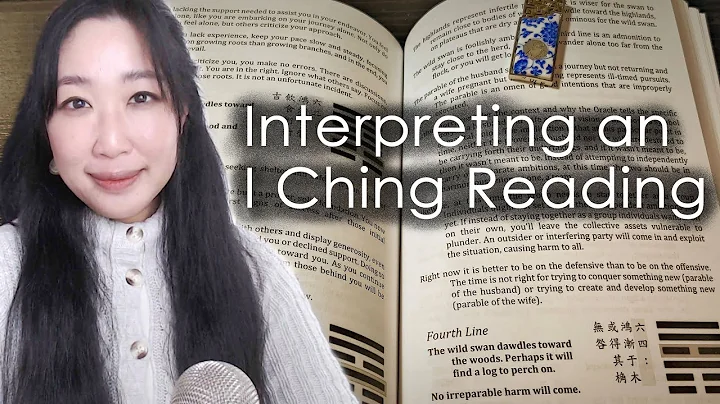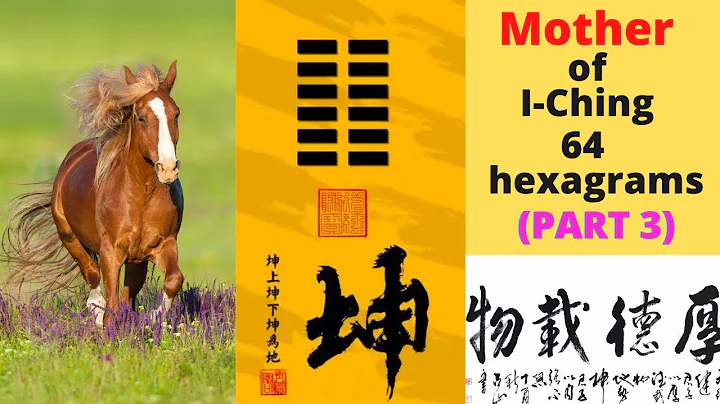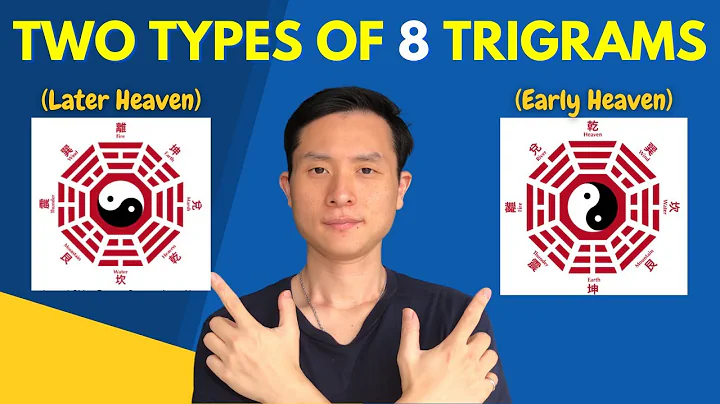Dayou, Gan Xia Li Shang

" Preface Hexagram Chuan " says: "Those who are the same as others, things will return to Yan, so they receive it as Dayou." Dayou is the opposite of the two hexagram masters of Tongren. Heaven and fire are the same person, and conversely, fire is a great being in the sky. Tongren means that I am the same as others, and everything that exists belongs to me. What hexagram is called Dayou? In this hexagram, there is only one yin line that occupies the prestigious position of the upper hexagram, and the five yang lines all belong to it and are encompassed by it. " Zhouyi " takes Yang as the big one and Yin as the small one. All the Yang Yao [big] are owned by the sixty-five and one Yin Yao [small], so it is called Great Being. Dayou means the owner is big, and it also means everything.

General summary:
is composed of two bodies: a lower stem and an upper stem. A Yin Yao is located in the fifth place and is owned by the five Yang Yao. All the Yang Yao are owned by Liu Wu, so the hexagram is called "Dayou", and the hexagram says "Dayou Yuanheng". Yuanheng is a tycoon. Of course Tycoon couldn't be better. As for the meaning of the six Yao lines, they are also very good. The ninth chapter of the ninth chapter is about "there is no blame for hardship"; the ninth chapter is about the talent of a cart, the responsibilities are heavy and the journey is long, and there is no blame for the mission; the ninth chapter is about dedication, so it is said that "the common prosperity is to the emperor"; the ninth chapter can be used to damage and restrain Being self-effacing, there is no blame to gain; in the Sixth Five-Year Plan, he occupies the throne with softness, and he can be both friendly and powerful, so it is auspicious; the Shangjiu Shengda has developed to the extreme and should have declined, but due to Liuwu's "fulfilling one's trust" Be obedient and virtuous" and get the ending of "nothing bad comes from God's blessing".

The hexagrams of Dayou contain dialectical thoughts. On the ninth day of the lunar month, "It's the bandit's fault, but there's no fault if it's difficult." All faults are self-inflicted. When people are prosperous and wealthy, it is easy to be blamed, but if they can live in wealth and think about hardships, they will not be blamed. In Ninety-Four, "There is no blame for robbing one's wealth." When a person is in a favorable situation of gaining great power, if he can be humble and self-restraint, there is no blame for it. Guilt can be transformed into blamelessness, and blamelessness can be transformed into guilt. Conversion is conditional. Human subjective efforts play an important role in transformation. Sixty-five, "Jue Fu Jia Ru, Wei Ru, Ji" means that you must be trustworthy and sincere, and you must have both trust and integrity. Only when you have great fortune can you get good luck.

Zhou people have noticed two aspects of things in Dayou Gua of the Book of Changes. The whole hexagram Dayou has the intention from beginning to end that there is no fault in knowing the difficulties, especially emphasizing the issue of starting carefully and being careful in the end. "Little Elephant" says "Da You Chu Ninth" at the beginning and "Da You Shangji" at the top. The other lines do not say "Da You". This is meaningful, indicating that the Da You Quan hexagram contains the idea of overcoming difficulties at the beginning and then having God's blessing at the end, being as cautious as the beginning and dealing with difficulties in the end.





















